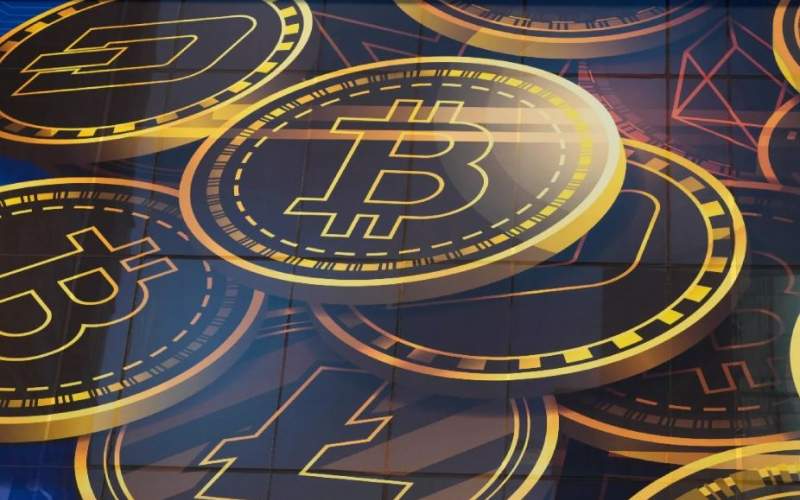The Iran Project
: Bitcoin could make a change to make the cryptocurrency more environmentally friendly.
Friday 29 December 2023 - 18:59
Story Code : 410282
Source : Euro News
Just one Bitcoin transaction consumes the same amount of water used to fill a swimming pool
It estimates that in 2021 Bitcoin mining, used in part to create new Bitcoins, consumed over 1,600 gigalitres of water worldwide with each Bitcoin transaction using 16,000 litres of water on average.
The sheer scale of Bitcoin mining’s water consumption could impact drinking water if it continues to operate without regulation, especially in countries that are already battling water scarcity, including the United States, the study published in the journal Cell Reports Sustainability on Wednesday argued.
Mining Bitcoin requires huge computing power to solve mathematical equations on the Internet. Correct answers are then rewarded with a share of Bitcoin’s value.
Water, which is evaporated, is used to cool the computers at large data centres and also to lower the temperature of coal-and-gas-fired power plants that also power Bitcoin mining computers.
“It's just one backyard swimming pool going, going up in the air, literally evaporating on average per Bitcoin transaction,” said Alex de Vries, the study’s author and Ph.D. student at Vrije Universiteit Amsterdam.
The environmental impact of mining Bitcoin has been widely documented, with the latest data from the United Nations University, showing that the crypto’s energy consumption for the year 2020 was more than the total energy consumption of a country like Pakistan for the same period.
However, how much water a Bitcoin transaction uses has been scarcely reported and is likely to increase.
With the rise in Bitcoin’s price to over $38,000 (€34,600), up almost five per cent in a week, de Vries said he expected Bitcoin’s water consumption to also increase to 2,300 gigalitres, up more than 40 per cent compared to 2021.
The report argues this will be a problem for countries in Central Asia, such as Bitcoin mining hub Kazakhstan, where the dry climate is putting pressure on freshwater supplies.
The US also uses a lot of water for Bitcoin mining, which is responsible for consuming as much water as 300,000 US households or a city like Washington, DC, the study estimated.
The real solution and the losing game
De Vries argues that using renewable energy instead of electricity would not be a solution to reducing Bitcoin’s carbon footprint.
“Do you really want to spend wind and solar power for crypto? In many countries, including the US, the amount of renewable energy is limited. Surely you can move some of these renewable energy sources to crypto, but that means something else will be powered with fossil fuels,” he said.
But he argues if Bitcoin changed its technology to be more environmentally friendly, the crypto’s environmental damage would reverse overnight.
Bitcoin uses the Proof of Work model, which works like a competitive numeric guessing game and the first person to solve the puzzle is awarded a fixed amount of cryptocurrency.
It requires a global network of computers to run at the same time when a transaction takes place and therefore a lot of energy.
But in the Proof of Stake system, you do not need the energy-consuming hardware as you acquire coins, which are put up as collateral in the staking process and there is then a random selection through the software.
How powerful your machine is does not increase your chance of winning and being able to create the next block for the blockchain. The only thing that increases your chance of winning is just getting more coins.
The second-largest crypto Ethereum made the change to Proof of Stake in 2022 and remains just as popular today.
Bitcoin could make the same change but de Vries argues Bitcoin miners are more traditional and do not want to rock the boat to keep their investment.
“Not changing stuff is what gives Bitcoin value, even though actually not changing stuff is probably the riskiest thing they can do,” he said.
“The amount of coins being mined just keeps decreasing. And by the year 2040, the last Bitcoin will be mined and then there's not going to be any money going to these miners.
“So in the long run, they're kind of playing this losing game”.
Reporter : Editorial of The Iran Project
# Tags











